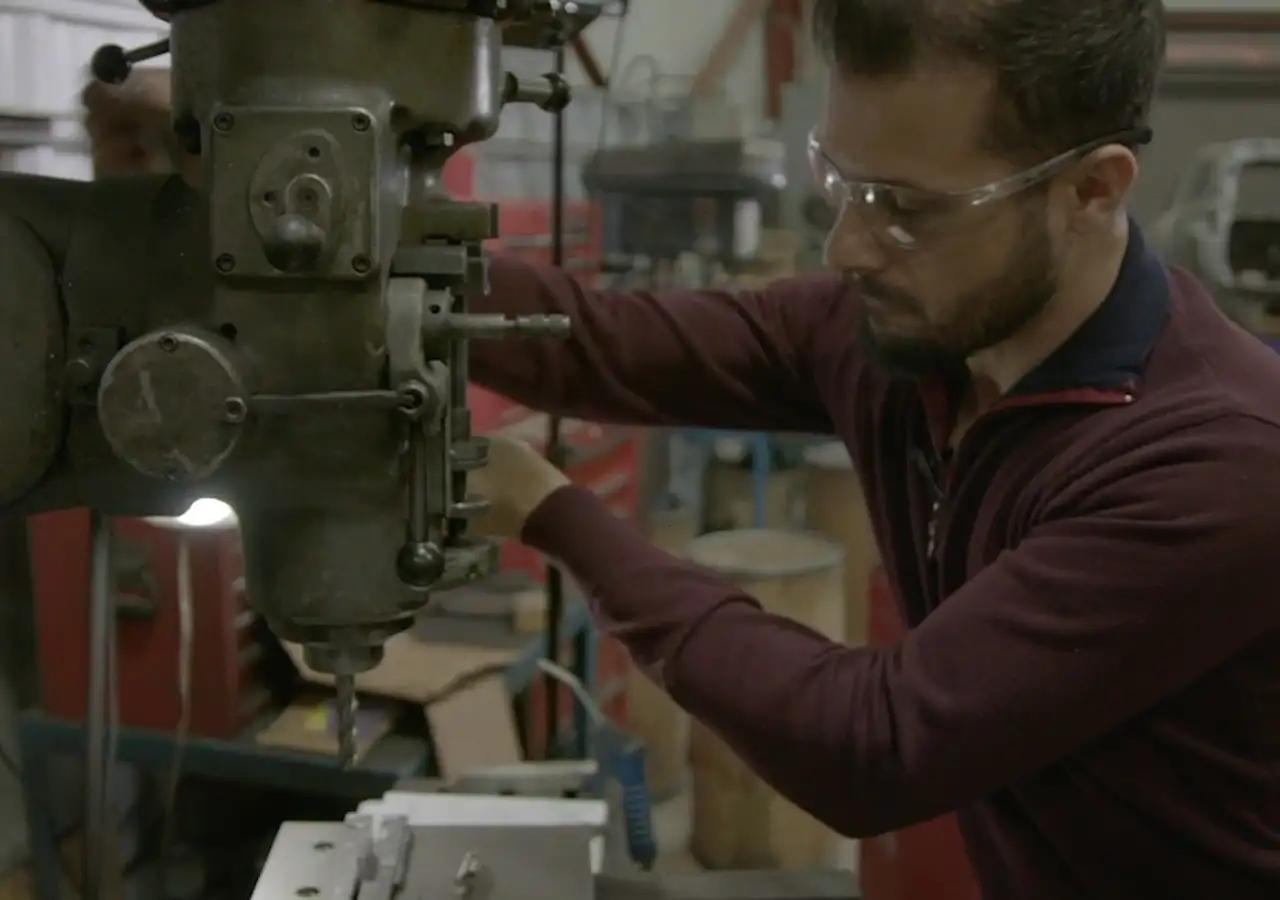Talent Beyond Boundaries

Location
Jordan, Lebanon
Sector
Refugees in Donor Countries
Type of Investment
Grant
Project Stage
Length of Investment
2017-2019
Investment Overview
Talent Beyond Boundaries unlocks skilled migration for refugees by increasing access to existing labour mobility pathways and creating new pathways for refugees to use to migrate for work with dignity and purpose.
The Development Challenge
With more than 108 million people forcibly displaced and 36 million refugees outside their home countries, hundreds of thousands of talented, educated, and skilled individuals are currently prohibited from working in the countries where they have sought refuge. At the same time, more than 40% of employers around the world report that they face significant skill gaps, and experts project that labour shortages will lead to a $10 trillion loss in GDP globally between 2020 and 2030. To date, there has not been an effective effort to connect this talent pool to private sector employers who are interested in recruiting globally.

The Innovation
Talent Beyond Boundaries (TBB) is demonstrating the hidden potential that the refugee talent pool offers when it comes to filling global skill gaps. Although aiding refugees by helping them to find employment has been the subject of academic writing for years, TBB is the first and only organisation that is working with the private sector to establish a clear pathway. TBB’s goal is to place refugees in jobs in stable countries around the world where they can regain their self-reliance through private sector employment. With initial funding from the State Department, TBB has built a Talent Catalog, which now includes 78,600 records with information about refugees’ work history and skills, and, at the time of GIF investment, established corporate partnerships with employers in Canada and Australia.
Our Investment
GIF’s USD230K grant to TBB aimed to place 20 refugees located in Jordan and/or Lebanon in skilled employment and to secure legal work permits and visas for them in Canada and Australia. Our investment also aimed to generate process maps and related documentation for scaling up the labour mobility model for refugees, as well as to disseminate evidence and practical learnings on labour mobility for refugees.
Progress to date
With GIF’s grant support, TBB made impressive strides towards making labour mobility pathways a viable solution for displaced people. TBB’s Talent Catalog, a database of refugees’ education, skills, and work histories, grew to 22,000 profiles of refugees in Jordan and Lebanon that more than 100 employers could access. At the conclusion of GIF’s involvement in June 2020, 39 TBB candidates had received job offers (36 men and three women), of which 15 had relocated with their families to Canada, Australia, and the UK already together with 24 family members. In 2020, following successful pilots with Canada and Australia, both countries committed to expand their skilled refugee pathways. TBB also made ripples in the global policy landscape by securing commitment in the Global Compact on Refugees and its three-year strategy, as well as the Global Compact on Migration, that recognise labour mobility for refugees and vulnerable migrants as a priority for states around the world.
Since then, TBB has been growing significantly. As of March 2023, they have unlocked displaced talent visas with seven countries, secured a migration solution via a displaced talent visa pathway for over 1.7K people and worked with 232 employers who offered refugees a job through TBB. Live statistics on their impact can be found on their Impact Dashboard.
Talent Beyond Boundaries in numbers
GIF Investment
People secured a migration solution with a displaced talent visa
Refugees registered in TBB’s Talent Catalogue